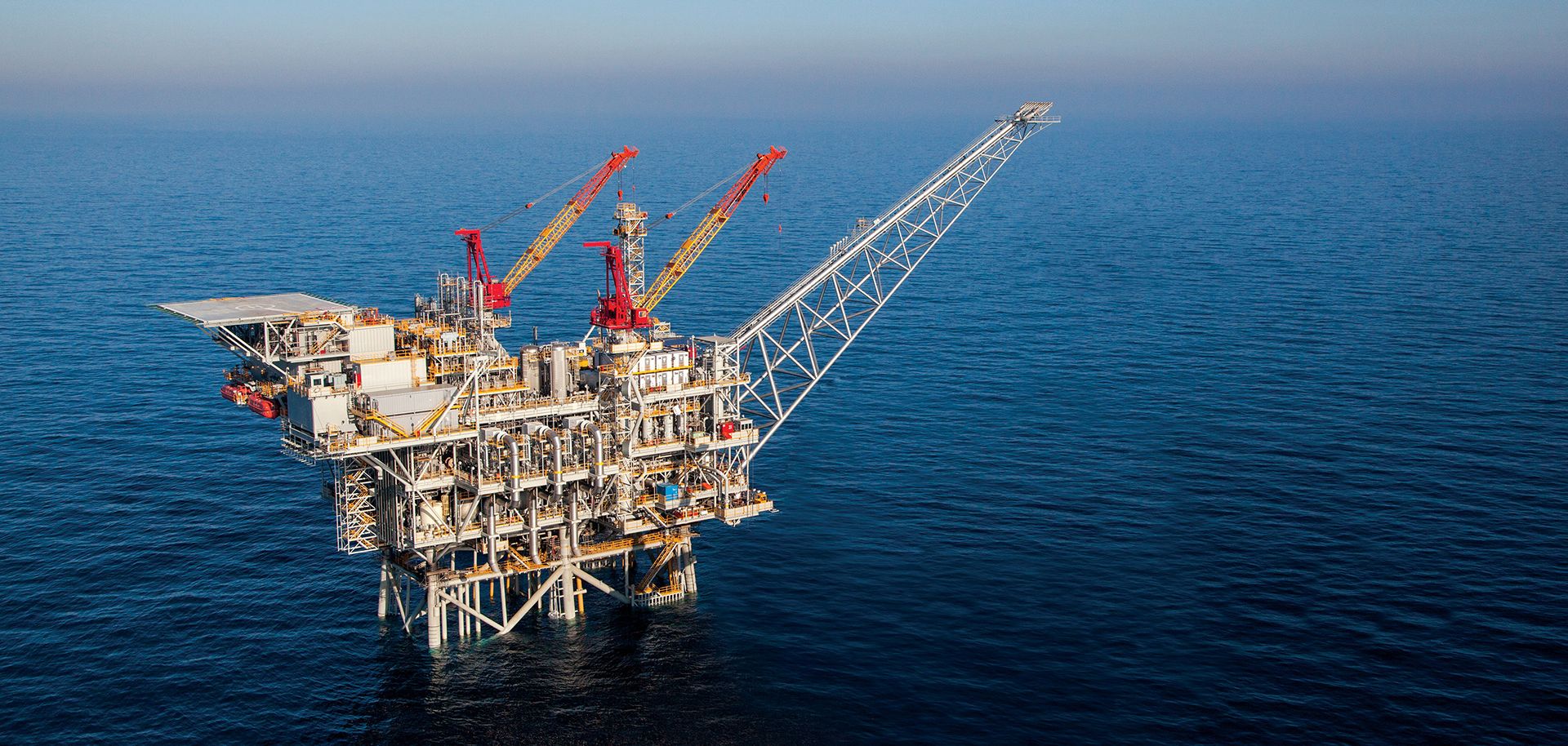Egypt’s Aging Vehicle Replacement Initiative, launched in 2014, has achieved a significant milestone by converting 500,000 vehicles as of April. The initiative aims to curtail fuel imports, reduce harmful emissions, and enhance road safety. As of April, Egypt successfully converted 500,000 vehicles, marking a significant milestone. The surge in visibility is attributed to the substantial increase in natural gas refueling stations, soaring from 61 to 910 within this period. The official statement highlights the expansion of conversion centers, reaching a total of 130 by the conclusion of the fiscal year 2022/2023. Additionally, the Medium, Small, and Micro Enterprises Development Agency (MSMEDA) injected a cumulative 470 million EGP (USD 15 million) from January 2021 to June 2023 to convert 59,000 vehicles to run on natural gas. This constitutes approximately 40 percent of the converted cars in Egypt during that period. Hailed for its lower impact on the environment, more and more countries are pushing for the switch to natural gas. However, the environmental ramifications of this shift to natural gas are drawing attention. Natural gas, a fossil fuel, shares its origins with other fossil fuels like coal and oil, deriving from…
Egypt Encourages Increased Car Conversions to Natural Gas, But Is it Environmentally Safe?
January 16, 2024




